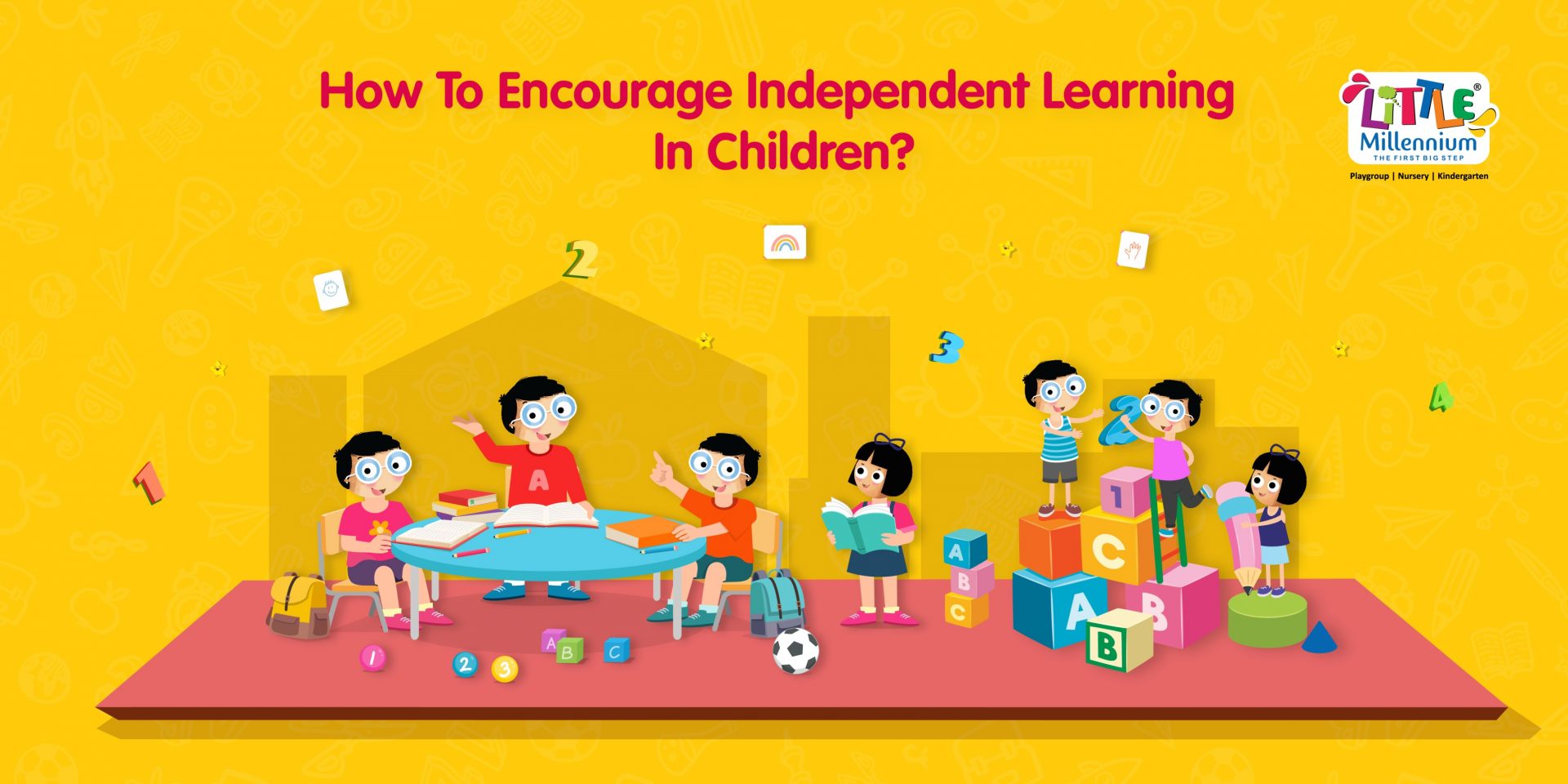
How Does Technology Impact Early Childhood Development?
Technology’s presence in our daily lives can’t be overlooked, especially its influence on our children’s development. With this complex issue, one needs to take into account many aspects. Undoubtedly, interactive digital platforms can stimulate learning and creativity, providing new ways for children to understand the world. However, it’s also important to remember the potential downsides.
Too much screen time can affect physical health, and not all online content is beneficial. It can sometimes overwhelm young minds, leading to reduced attention spans or disrupted sleep. Moreover, children might miss out on vital face-to-face social interactions.
Thus, the key to a healthier relationship between our children and technology is balance. It’s about using these tools effectively for learning, without allowing them to overshadow critical offline activities. Understanding and achieving this equilibrium is one of the most crucial responsibilities we hold in this increasingly digital world. The best preschool in Coimbatore also uses technology to teach children wherever necessary.
The Benefits of Technology in Early Childhood Development:
Firstly, let’s take a look at the positive impacts of technology.
Facilitating Learning
In the right environment, technology can be a powerful educational tool. Applications and platforms that offer interactive, engaging content can support cognitive development. Early childhood is a period of rapid learning, and technology can foster skills such as problem-solving, numeracy, literacy, and understanding of the world.
Enhancing Creativity
Creative applications and online platforms allow children to explore art, music, and storytelling in unique and innovative ways. These tools not only entertain but also empower children to express themselves creatively and develop skills associated with visual-spatial intelligence.
Social Interaction and Collaboration
Though nothing can replace face-to-face interaction, technology offers a platform for communication and collaboration that transcends geographical boundaries. Children can engage with peers, family, or teachers through various digital mediums, fostering their social development.
The Challenges of Technology in Early Childhood Development
While technology offers unique opportunities, its influence is not universally beneficial. Here are some potential negative impacts:
Screen Time and Physical Health
Excessive screen time can lead to sedentary behaviors that impact children’s physical health. Early childhood is a critical time for the development of motor skills, which may be compromised if children spend too much time with technology and not enough time in active play.
Cognitive and Emotional Impact
While some apps and games can enhance cognitive development, others may overstimulate the child’s mind, leading to decreased attention span, difficulty focusing, and disrupted sleep patterns. Moreover, early exposure to inappropriate content or cyberbullying can negatively impact a child’s emotional well-being.
Social Skills Development
While digital platforms can facilitate communication, they are not a substitute for real-world interactions. If children’s exposure to technology overshadows their face-to-face social interactions, they may miss out on crucial social cues and emotional intelligence skills.
Balancing Technology in Early Childhood:
The key to leveraging the benefits and mitigating the challenges of technology in early childhood development lies in balance and supervision.
Moderation
Limiting screen time and ensuring a healthy mix of offline activities is crucial. Parents and caregivers can follow guidelines provided by organizations like the Indian Academy of Pediatrics regarding screen time for different age groups.
Age-Appropriate Content
Choosing age-appropriate content is another crucial aspect. It’s important to ensure that the apps, games, or websites that children use are suitable for their developmental stage and do not expose them to inappropriate content.
Active Engagement
Finally, parents and caregivers can maximize the benefits of technology by engaging with children during their screen time. This active involvement allows adults to guide the digital experience, promote learning, and create opportunities for discussion.
Wrapping it Up:
In conclusion, technology’s impact on early childhood development is a double-edged sword. It offers new avenues for learning, creativity, and communication but also poses potential risks to physical health, cognitive development, etc. As we continue to navigate this digital landscape, it is essential that parents, educators, and policymakers strive for a balanced approach. This allows children to reap the benefits of technology while safeguarding their development.
‘Little Millennium’, the best preschool in Coimbatore, offers quality and advanced learning to children with technology. They are the leading early education providers in India India. Their child- centered curriculum emphasizes holistic development, focusing on cognitive, physical, and social-emotional growth, and prepares children for lifelong learning.
